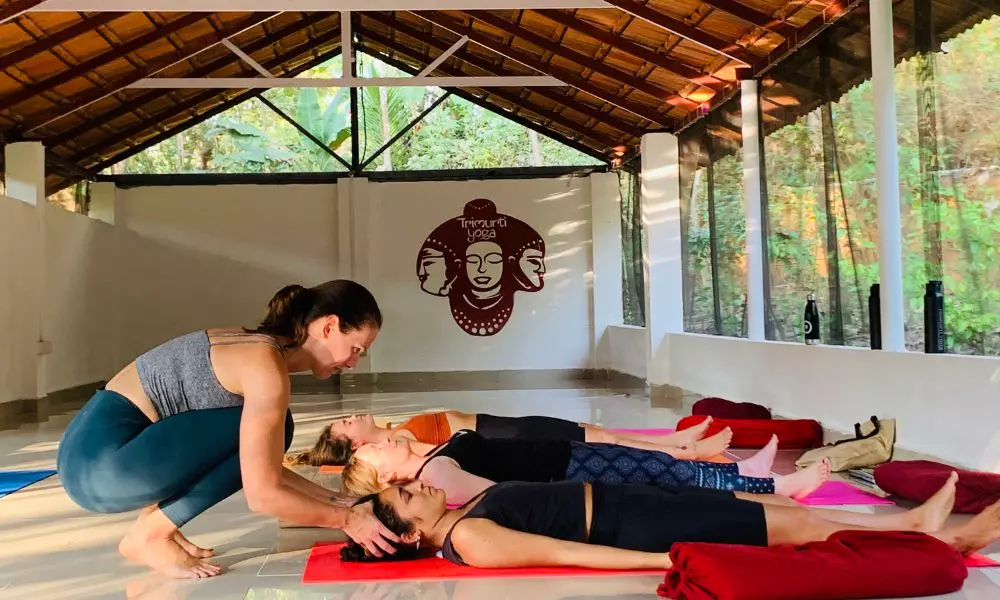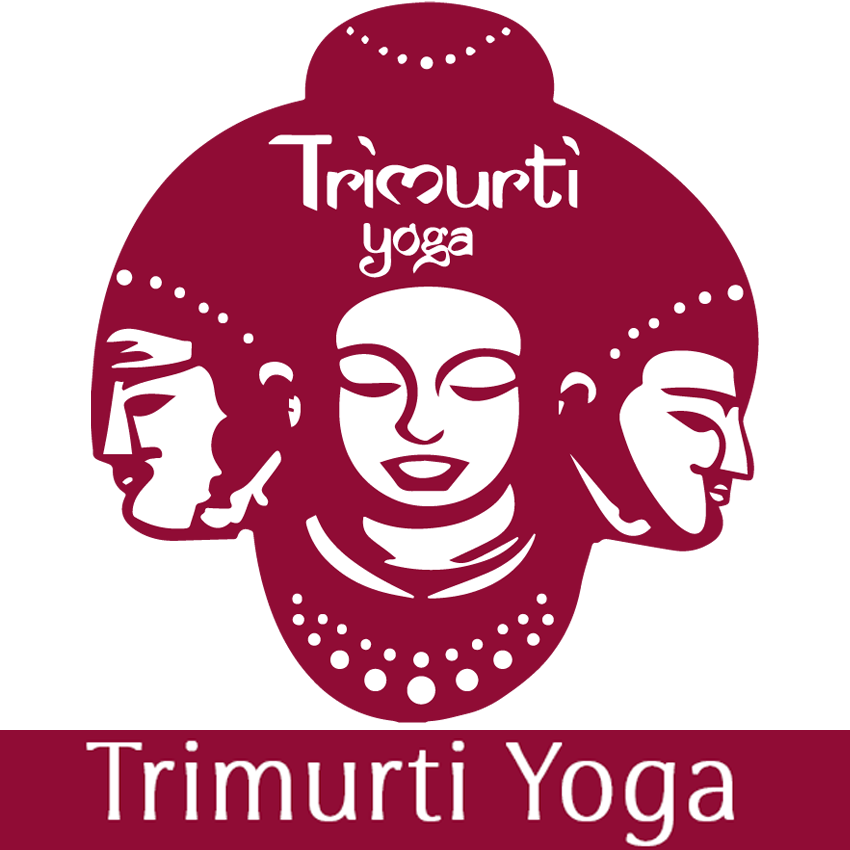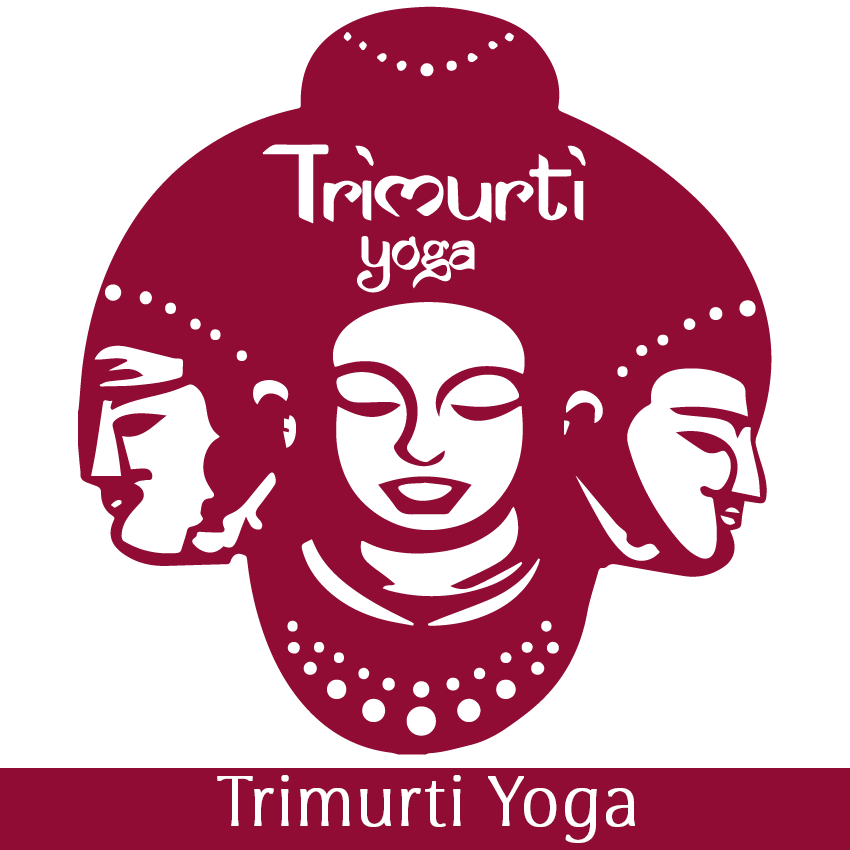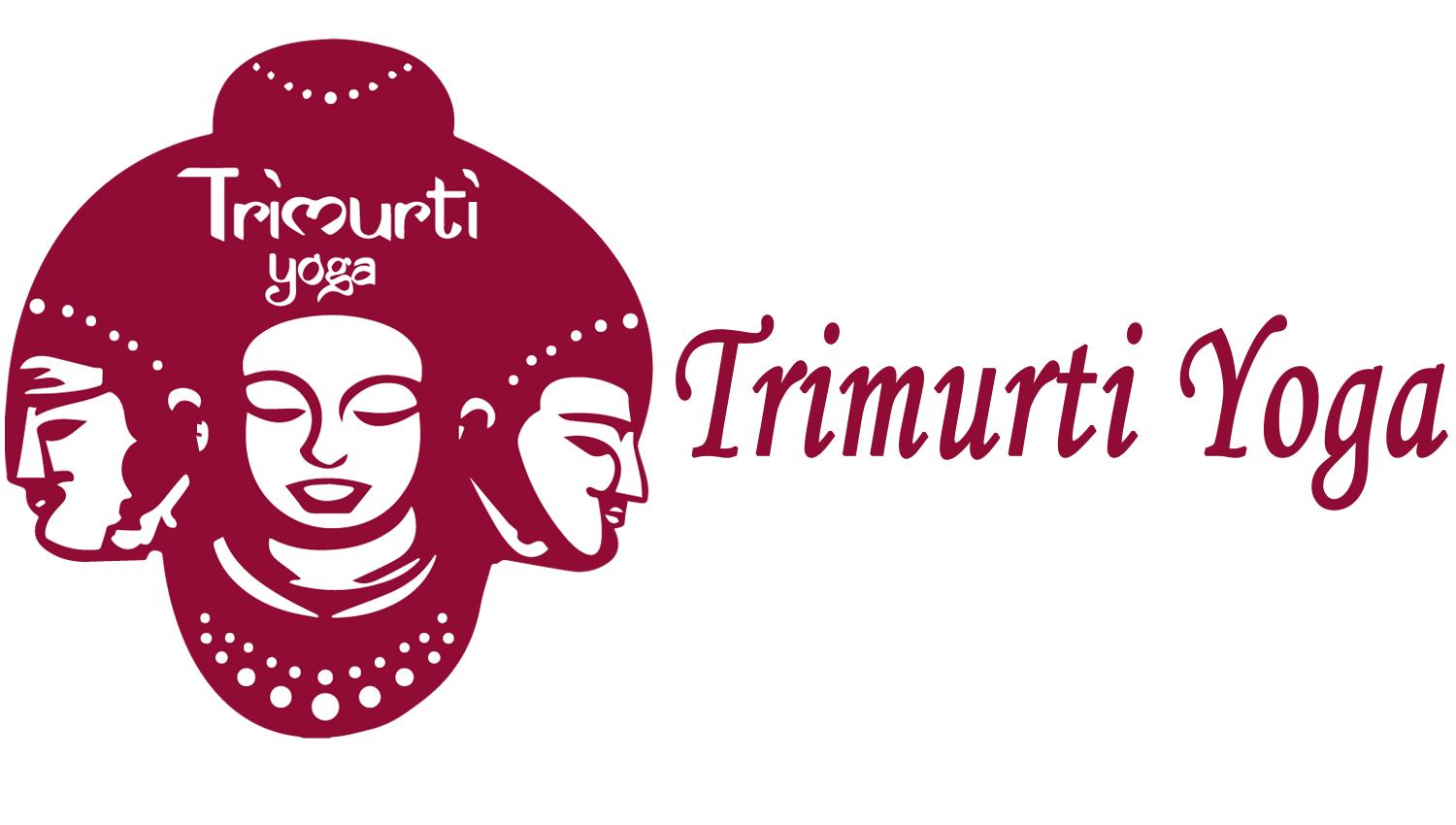
Yin Yoga And The Benefits Of Yin Yoga: The Art Of Stillness
Introduction:
Modern yoga has adapted itself to offer a wide choice and styles to pick from and Yin Yoga stands as a serene and transformative practice. It is deeply rooted in the ancient Chinese philosophy and Taoist principles, Yin Yoga is a gentle and introspective form of yoga that focuses on surrender and stillness. The basic practice principles include engaging in long-held, passive poses through which practitioners delve into the deep layers of their being, fostering mindfulness, relaxation, and a profound mind-body connection.
In this article, we will try to explore the essence of Yin Yoga and the wide array of benefits it offers for physical, mental and emotional well-being.
Unveiling the Essence of Yin Yoga
- Understanding Yin and Yang: Yin and Yang are fundamental concepts in Chinese philosophy, representing opposing but complementary forces. Yin represents qualities of stillness, coolness, and passivity while Yang embodies activity, warmth, and intensity. Yin Yoga brings harmony by inviting the Yin aspects into our practice and thus promoting balance and equilibrium between these two forces in our body.
- The practice of surrender: Yin Yoga encourages surrendering to the present moment and embracing stillness. By holding passive floor poses for extended periods, practitioners explore their physical and emotional estates, cultivating acceptance, patience, and a deeper understanding of themselves.
- Targeting the connective tissues: Unlike more dynamic yoga styles that focus on muscles, Yin Yoga directs its attention to the deeper connective tissues of the body, such as tendons, ligaments and fascia. By gently stressing these tissues, Yin Yoga supports resilience, flexibility and health.
Principles of Yin Yoga
- Long holds and steady pressure: Yin Yoga postures are held for an extended duration of time, usually between three to five minutes or even longer. This prolonged time of holding postures allows the body to gradually release tension and invites a deep stretch. Practitioners find their edge – the point where they feel a moderate stretch or tension – and then settle into the posture, applying steady and gentle pressure.
- Mindful awareness: Yin Yoga is a practice of mindfulness. As practitioners hold the poses, they bring their attention to the present moment, observing sensations, thoughts and emotions that arise without judgment or attachment. This focused awareness cultivates mindfulness both on and off the mat, enhancing overall well-being.
- Props and support: Yin Yoga encourages the use of props such as blankets, bolsters or blocks to support and relax the muscles, allowing for a deeper release. Props help practitioners to find comfort in their postures and facilitate the surrender of tension, promoting a sense of ease and relaxation.
- Breath as an anchor: The breath serves an anchor in Yin Yoga, grounding practitioners in the present moment and deepening the connection between body and the mind. Mindful breathing not only enhances relaxation but also facilitates the release of emotional and physical tension.
The profound benefits of Yin Yoga
- Increased flexibility and range of motion: Yin Yoga gently stretches and lengthens the connective tissues, promoting greater joint mobility and flexibility. The sustained stretching of these tissues helps to release deep-seated tension, allowing for increased freedom of movement and improved posture.
- Stress reduction and relaxation: The slow and introspective nature of Yin Yoga triggers the relaxation response in the body, calming the nervous system and reducing stress and anxiety. It supports deep relaxation and rejuvenation, promoting restful sleep and enhancing overall mental and emotional well-being.
- Enhancing energy flow: Yin Yoga targets the body’s meridian lines, energy pathways recognised in traditional Chinese medicine. By stimulating these meridians, it helps to promote the smooth flow of Qi (life force energy) throughout the body, fostering vitality, balance and overall well-being.
- Cultivating mindfulness and self awareness: It provides a fertile ground for cultivating mindfulness and self awareness. As practitioners hold the postures and observe their experiences without judgment, they develop a deeper understanding of their bodies, mind and emotions. This increased self awareness can lead to greater stress management, clarity of thought, and greater emotional balance.
- Targeted healing and recovery: Yin Yoga can be a valuable practice for targeted healing and recovery. By addressing specific areas of the body, such as the hips, lower back, or shoulders, and supports the healing process of injuries, chronic pain, and imbalances. It also aids in improving circulation and releasing stagnation, promoting overall wellness.
- Balancing Yin and Yang: In today’s fast-paced and yang-centric lifestyle, Yin Yoga offers a much-needed balance. By incorporating Yin practice alongside more active styles of yoga, individuals can find the much needed equilibrium, nourishing their bodies and minds with stillness and movement.
Bringing Yin Yoga into your life
- Find a qualified teacher: To experience the full benefits of Yin Yoga, it is recommended to learn from a qualified teacher who can guide you in proper alignment, and posture modifications and assist you in finding your edge.
- Cultivate a home practice: Having a discipline of regular Yin Yoga practice at home allows for consistency and deepening of the practice. Create a peaceful space, gather necessary props, and dedicate time to explore the postures mindfully.
- Listen to your body: Yin Yoga is a practice of self-care and self-discovery. Listen to your body’s wisdom and honor its limitation. Be gentle and patient allowing yourself to adapt and evolve in your practice over time.
- Embrace the journey: Yin Yoga is not just about achieving physical goals. Embrace the process, the subtle energy shifts, and the moments of stillness and surrender that arise on your journey. Approach this practice with curiosity and an open heart.
Also, Read How Chakras Impact Our Mental State
Conclusion:
Our life today creates passive stress with not just a day-to-day activity but exposure to revolutionary technology. Yin Yoga is the perfect practice that invites practitioners to explore the depths of their being, connect with themselves, and cultivate mindfulness, relaxation, and balance. By embracing surrender, stillness, and the principles of Yin Yoga, individuals can unlock a plethora of benefits for their physical, mental, and emotional well-being. Whether you are seeking increased flexibility, stress reduction, or a deeper connection to the self, Yin Yoga offers a transformative path to harmony and inner growth.
Join Our 100-hour yin yoga teacher training in Goa
Connect with us


